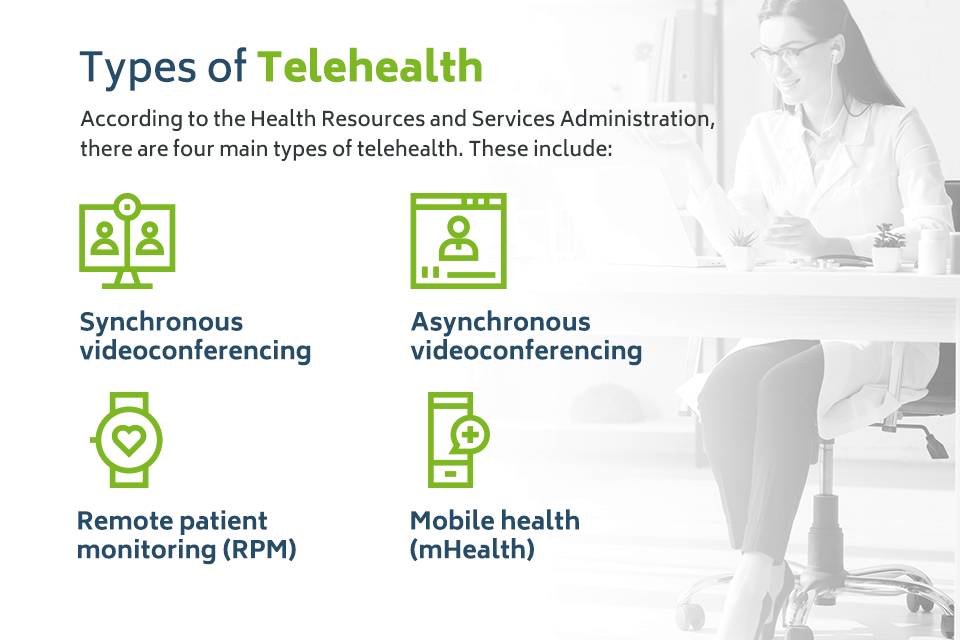In today’s rapidly evolving healthcare landscape, the integration of Health IT services has become indispensable. Healthcare providers worldwide are embracing these cutting-edge technologies to streamline operations, enhance patient care, and stay ahead in an increasingly competitive industry. Let’s delve deeper into the world of Health IT services and explore the manifold benefits they offer.
The Foundations of Health IT Services
Health IT services encompass a broad spectrum of technologies and solutions aimed at improving healthcare delivery. These services are designed to empower healthcare professionals, streamline administrative processes, and ultimately provide better care to patients. From Electronic Health Records (EHRs) to telemedicine solutions, the Health IT sector is continually evolving.
Streamlining Patient Data Management
One of the fundamental aspects of Health IT services is the implementation of Electronic Health Records (EHRs). These digital records have revolutionized the way patient information is stored and accessed. EHRs offer several benefits, including:
Efficiency: EHRs allow healthcare providers to access patient information quickly, reducing the time spent on paperwork and administrative tasks.
Accuracy: Digital records minimize the chances of errors often associated with manual record-keeping.
Accessibility: Patient data can be accessed securely from anywhere, ensuring that healthcare professionals have the information they need at their fingertips.
Furthermore, EHRs facilitate the seamless sharing of patient data between different healthcare facilities. This interoperability ensures that critical information is available when and where it is needed, which is especially vital in emergency situations.
Telemedicine – Bridging the Gap
The emergence of telemedicine services is another game-changer in the world of healthcare. Telemedicine enables remote consultations and healthcare delivery, allowing patients to access medical expertise without the need for physical presence. Key advantages of telemedicine include:
Accessibility: Patients in remote or underserved areas can now receive quality healthcare without the need to travel long distances.
Cost-Efficiency: Telemedicine reduces the overall cost of healthcare, making it an affordable option for many.
Convenience: Patients can schedule appointments and consultations at their convenience, eliminating the need to wait in long queues.
In addition to these benefits, telemedicine has proven to be a lifeline during the global pandemic, allowing healthcare professionals to safely diagnose and treat patients while minimizing the risk of viral transmission.

Enhancing Decision-Making with Analytics
Health IT services also offer robust data analytics tools that help healthcare providers make informed decisions. These tools mine vast amounts of data, providing insights into patient trends, treatment effectiveness, and resource allocation. Benefits of data analytics in healthcare include:
Improved Patient Outcomes: By analyzing patient data, healthcare providers can tailor treatment plans to individual needs, leading to better outcomes.
Resource Optimization: Hospitals can allocate resources more efficiently, reducing waste and improving the overall quality of care.
Early Detection: Data analytics can identify trends and warning signs, allowing for early intervention and prevention.
The integration of Artificial Intelligence (AI) in healthcare analytics is taking this a step further. AI algorithms can analyze complex datasets, predict disease outbreaks, and even suggest personalized treatment options, ultimately saving lives and reducing healthcare costs.
Ensuring Security and Compliance
With the digital transformation of healthcare comes the crucial aspect of data security and compliance. Health IT services prioritize safeguarding patient information and ensuring adherence to regulations like HIPAA (Health Insurance Portability and Accountability Act). Robust cybersecurity measures are put in place to protect against data breaches and unauthorized access.
In this era of cyber threats, healthcare providers must invest in state-of-the-art security measures and staff training to ensure the integrity and confidentiality of patient data. Compliance with regulations not only avoids hefty penalties but also builds trust with patients, who entrust their sensitive information to healthcare providers.
The Road Ahead
As technology continues to advance, Health IT services will play an increasingly pivotal role in healthcare. Healthcare providers who embrace these innovations are not only providing better care but also positioning themselves as leaders in the industry. The future of healthcare is intertwined with the evolution of Health IT, and the possibilities are endless.
In conclusion, Health IT services are revolutionizing the healthcare sector, offering enhanced patient care, streamlined operations, and data-driven decision-making. The integration of technologies like EHRs, telemedicine, data analytics, and AI is reshaping the way healthcare is delivered. As we move forward, embracing these innovations is key to ensuring a healthier and more efficient healthcare system for all.
Remember, if you’re in the healthcare industry, staying at the forefront of these technological advancements can set you apart. The future of healthcare is here, and it’s powered by Health IT services. By continuously adapting and leveraging these innovations, healthcare providers can improve patient outcomes, reduce costs, and ultimately save lives.








